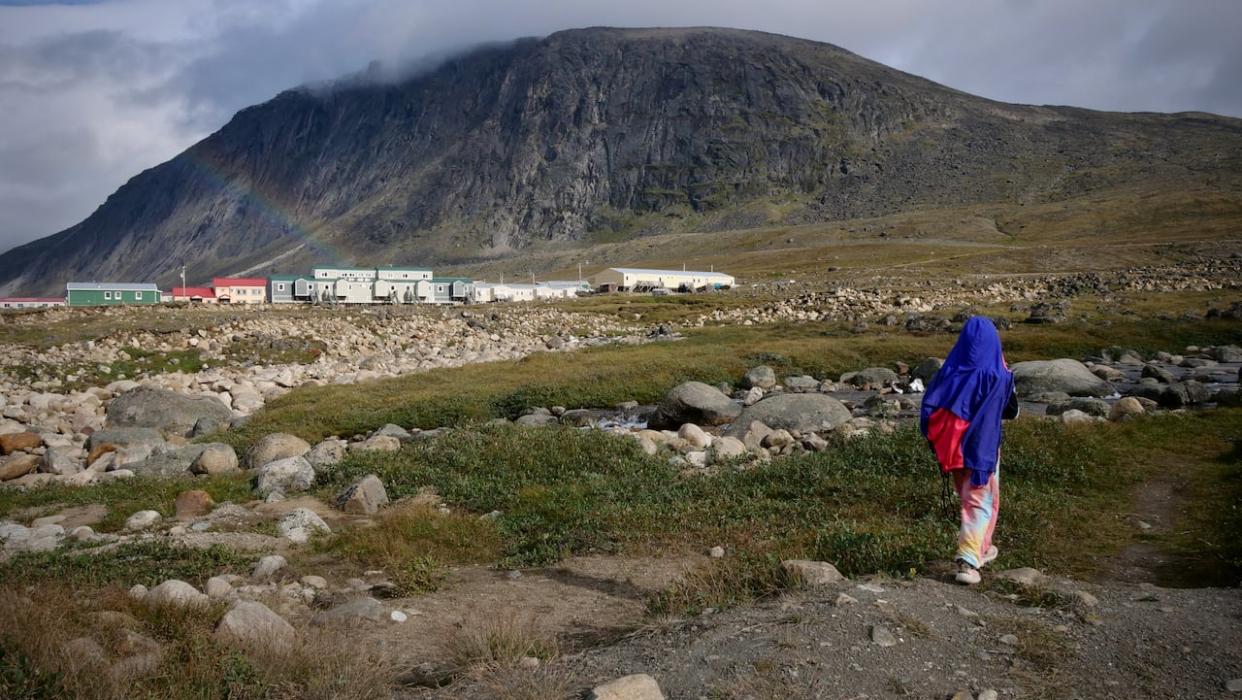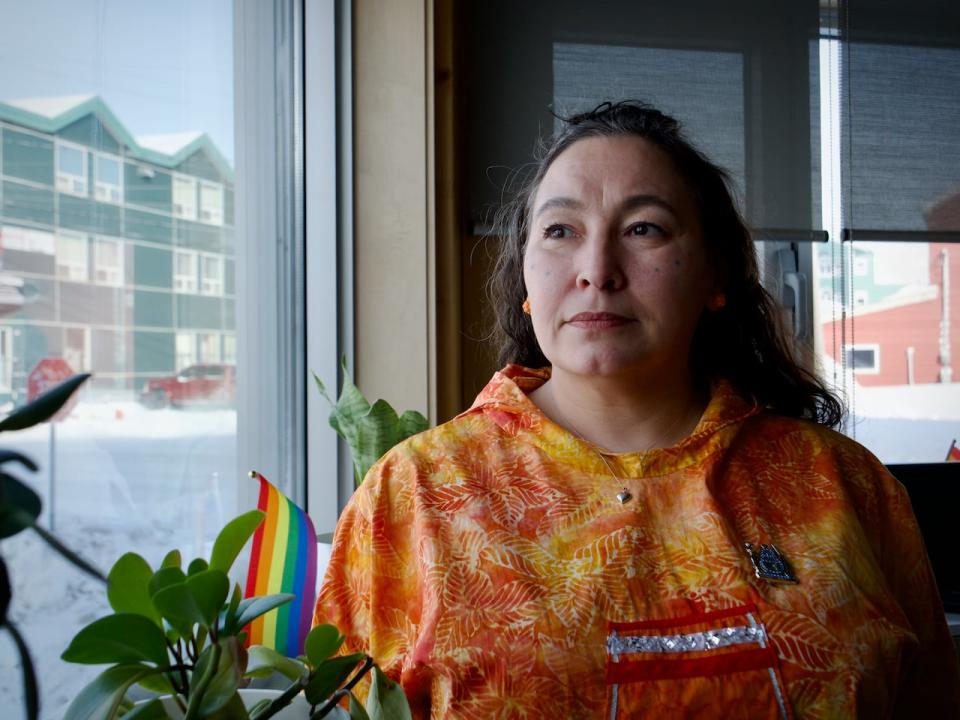Nunavut MLAs demand transparency after investigation into unlicensed group homes

Nunavut MLAs are urging the territorial government to release the findings of an internal investigation that looked into the placement of Nunavut youth in unlicensed group homes in Alberta.
Premier P.J. Akeeagok ordered the internal investigation last May, after reporting from Radio-Canada revealed that eight young Nunavummiut had been placed in these group homes.
The children were placed with a company called Ever Bright, which said its licences were valid until January 2023. Alberta Children's Services told Radio-Canada that the licences were canceled in April 2022 — a few months before the youth were placed in the facilities.
The province wasn't alerted to the youths' presence until months after their arrival.
In December last year, Lamb & O'Brien, the Ottawa-based firm that conducted the review, submitted its findings to the territory's Department of Executive and Intergovernmental Affairs. That department is led by Akeeagok.
Radio-Canada requested a copy of the investigation through an Access to Information request. The report came back almost completely redacted.
In a written statement to Radio-Canada, Akeeagok's press secretary Michele LeTourneau said the internal investigation won't be made public.
A spokesperson for the premier also said last spring there were no plans to make the review findings public.

The report of the internal investigation, obtained by Radio-Canada under the Access to Information Act, was almost entirely redacted by the Department of Executive and Intergovernmental Affairs. (Matisse Harvey/Radio-Canada )
Children and Youth Representative not told report had been filed
Jane Bates, Nunavut's representative for children and youth, says the government did not tell her office when the investigation findings were submitted last year.
In its five-year strategic plan presented to the legislative assembly last month, the Department of Family Services said it is committed to transparency around the "necessary changes" it needs to make to its mandate.
For Bates, out-of-territory placements require an increased level of vigilance from everyone involved.
"The checks and balances are absolutely imperative to be put in place," Bates said. "The farther you get away from your family and your community, the more at risk you become because they don't have the same supervision and you don't have those connections anymore," she said.
"I'm sure for the most part most facilities are safe and there's not issues — but there needs to be that hyper-vigilance."
Graham Steele, Nunavut's information and privacy commissioner, reviewed the way the department handled Radio-Canada's access to information request, including the redactions made to it and how they were applied.
In a decision published Thursday, Steele said the government had to redact any information that could identify the children involved, and that for the most part, the law had been applied correctly.
Steele also said that given the circumstances, the Department of Executive and Intergovernmental Affairs (EIA) "should exercise its discretion in favour of disclosing the investigation report," without identifying the children.
"My decision can be summed up simply: EIA is not required to release the investigation report, but it should," Steele wrote.
Government needs to act, say MLAs
Iqaluit-Tasiluk MLA George Hickes said the government needs to turn words into actions.
"This is a perfect example of an opportunity [for the government] to be open and transparent," Hickes said.
Hickes said he wants to see the investigation's recommendations.
"If we don't see what recommendations come from the investigation, how do we lobby for implementation of some of those recommendations from our side of the table?"
MLAs are currently in session for the winter sitting.
On Thursday, Iqaluit-Sinaa MLA Janet Pitsiulaaq Brewster pressed Family Services Minister Margaret Nakashuk about the investigation.

MLA Janet Pitsiulaaq Brewster says the territorial government must be held accountable for the recommendations made in the internal investigation. (Matisse Harvey/Radio-Canada )
"It's really important to ensure that there is somebody holding Family Services and the Government of Nunavut accountable to the recommendations that came from that internal investigation," Pitsiulaaq Brewster told Radio-Canada in an interview.
Pitsiulaaq Brewster said she's also concerned that the territory's representative for children and youth wasn't provided the investigation.
"Not only is there a lack of transparency, there's also the very real concern that they are not acting on the recommendations and there's nobody who has the knowledge of the recommendations in order to keep them accountable," she said.
The Executive and Intergovernmental Affairs department did not respond to Radio-Canada's request for comment before publication.
In an email Thursday afternoon, LeTourneau said the premier needed more time to study the information and privacy commissioner's recommendations.


